‘Every restaurant can have an off day’: Why food critic’s Charlotte reviews are harmful
TLDR: A confrontation this summer between Charlotte culinary power couple Greg and Subrina Collier and Starex Smith, a food critic and restaurateur from South Florida, prompted this CharlotteFive series on African-American culinary culture: what it is, what it isn’t and who gets to make that determination. We looked at the initial incident, a Facebook Live feed that went viral. In this second installation, we rejoin the conversation by examining whether critical reviews by social media influencers help or harm this delicate ecosystem.
Charlotte has no shortage of soul food restaurants. Mert’s Heart and Soul, Nana Morrison’s Soul Food, Floyd’s and Londa’s Place are among the dozens, not to mention the growing number of food trucks and informal plates for sale.
So why is a national food critic consistently slamming Charlotte’s soul food scene?
Smith has made about five trips to Charlotte, the latest in mid-August, under the banner of Hungry Black Man, his popular online platform for food reviews. Smith rates Charlotte’s offerings as less than stellar, often publishing incendiary comments.
He “hated” Leah & Louise, run by Subrina and chef Greg Collier — a James Beard nominee several times over. He also dissed Cuzzo’s Cuisine and LaWan’s Soul Food (which closed permanently on Aug. 27 after 23 years in business), and he called a meal from Chicken Box a “no-pride plate.” On that post, which featured video footage from the Chicken Box parking lot on Tryon, was a picture of the meal with the caption, “Our people in Charlotte deserve so much better.” It got over 300 comments and multiple shares.
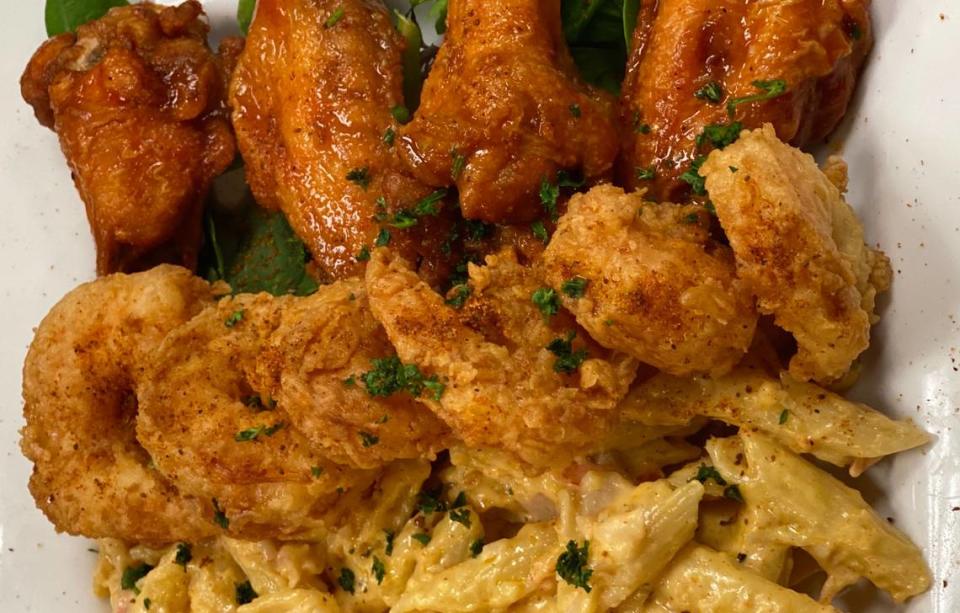
Bird Pizzeria and Freshwaters came in for praise, and he rated North Carolina as one of his Top 5 out of 28 states as a food critic. But the negative critiques clearly get more engagement.
[READ NEXT: A popular Charlotte pizzeria is among Southern Living’s best new restaurants of 2023.]
The criticism could also be part of his business strategy. Smith threw a question to his followers about possible locations for a Black-owned food competition and festival, then on Aug. 20 announced an upcoming restaurant concept in Charlotte.
Advocates needed
Uber Eats reported that Black business owners are more likely than white business owners to be denied credit and receive less credit when they do, resulting in stymied growth and higher rates of failure. Thirty-seven percent of Black small business owners have a hard time accessing financing, a 14 percentage point difference from comparable peers, Goldman Sachs found in its 10,000 Small Businesses Voices study.
And with the exception of global stars like Marcus Samuelsson, finding reviews of Black-owned restaurants in mainstream publications can be a daunting enterprise.
Smith founded The Hungry Black Man in 2017, after a negative experience that he ascribed to racism at an upscale South Florida eatery.
“I felt so powerless,” he told CharlotteFive. “Black people deserve options” where they don’t face disrespect.
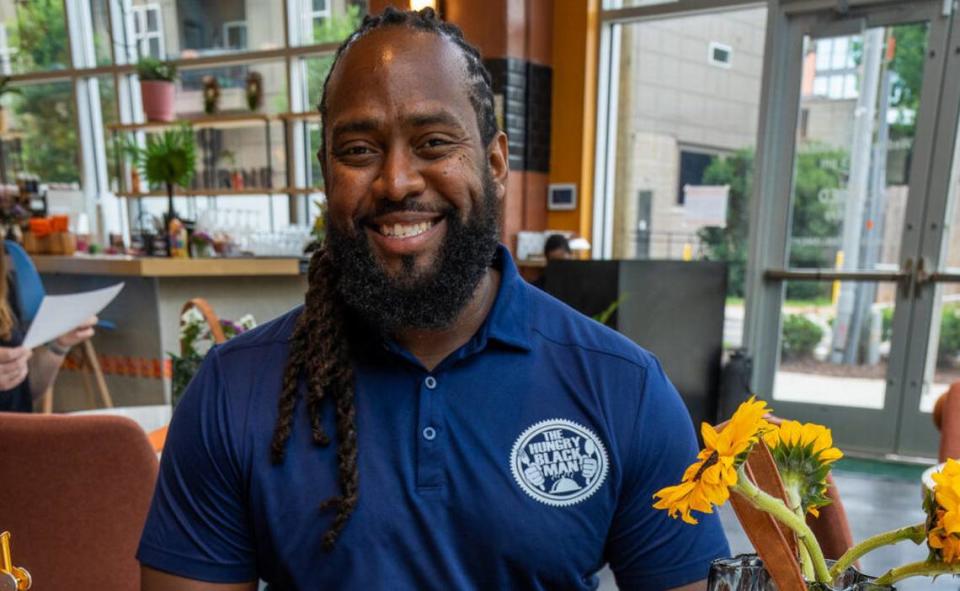
Smith decided to broadcast live reviews at Black-owned restaurants, distinguishing himself with blunt and often acidic reviews. His numbers skyrocketed as followers ate it up.
People feel “obligated to support Black-owned restaurants from a charitable function rather than your actual consumer-based decision making,” he said. But “if it’s trash, it’s trash.”
Smith has no formal culinary background or training. He crisscrosses the country, going live from the scene with off-the-cuff, glib reviews that are highly accessible if not very detailed. This was “bad,” that dish was “good,” without much explanation as to why. It’s left an uneven impact on the small businesses in his wake.
Chef Andarrio Johnson of Cuzzo’s Cuisine speculated that Smith’s stance was aimed at garnering publicity and refused to respond to the negative commentary. “I let the people respond for me. The customers themselves talked back,” he said. As to whether or not it affected his sales, he neither confirmed nor denied.
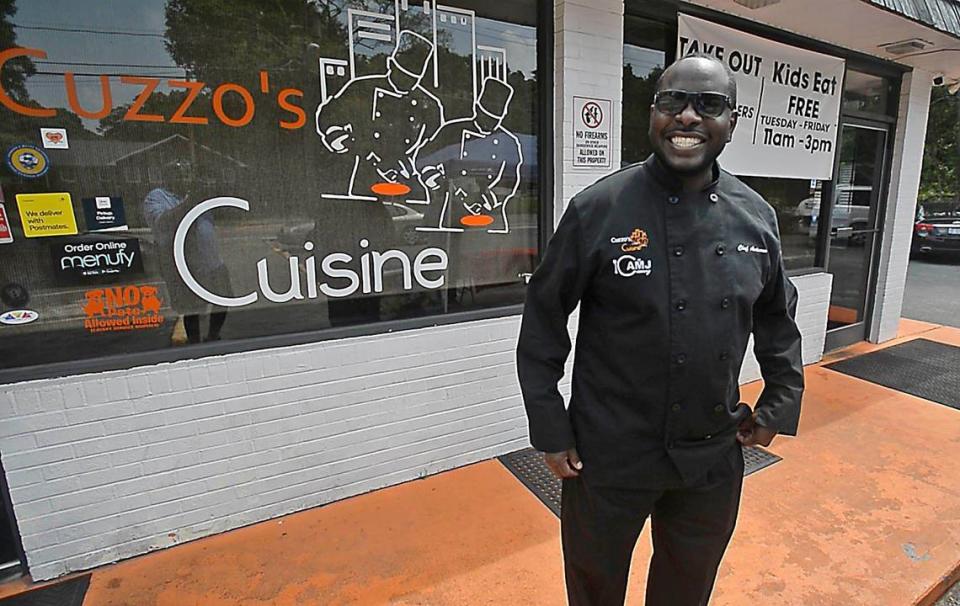
“We just opened a third location in the Premium Outlets, and our first location [which closed due to a fire] is set to reopen in six months. So what does that say?”
Consequences for Black restaurants
The Colliers, along with other creators in the Black food sphere, question the value of negative criticism for independent Black restaurants, especially in light of systemic barriers to success.
“There are real people behind these concepts and restaurants,” Subrina Collier said. “They may not get the same coverage as their white counterparts, so those negative reviews really hurt. Besides, there’s a better way to make sure standards for Black food are being upheld.”
She thinks critics who want to better circumstances for Black food culture should give restaurants a chance to improve before giving reviews.
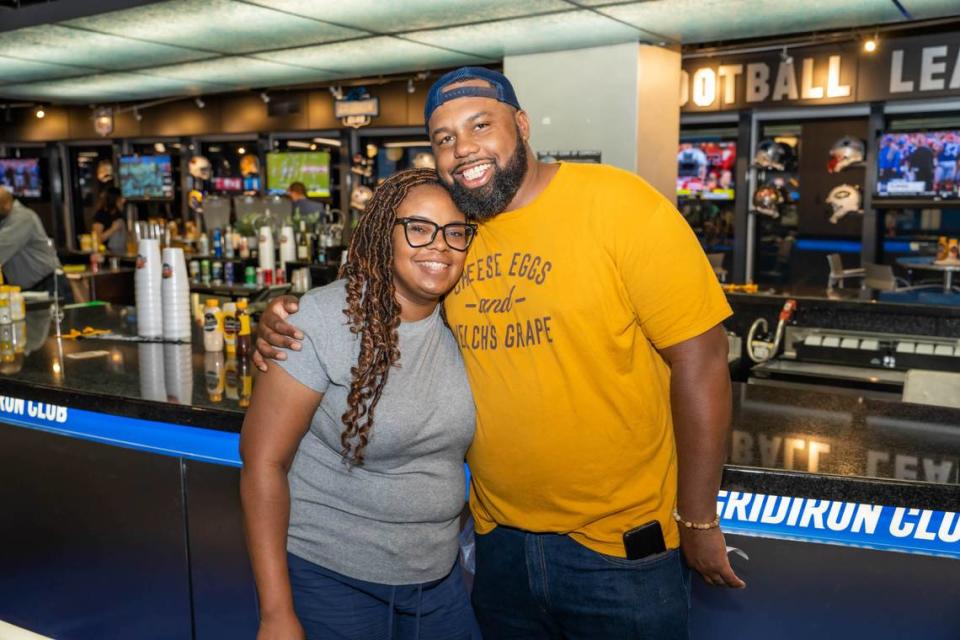
“Pull their coat in private, then give some time and circle back,” she told CharlotteFive. “Otherwise, it just looks like negativity for clout.”
With Black establishments already facing uneven odds, that can have dire consequences.
“I want to know how you’re any different, any less damaging to the Black food ecosystem than [racist] white folks,” Greg Collier asked. “Every restaurant can have an off day,” so broadcasting a bad review based on one experience is unfair. “Researching the place, making multiple visits and when necessary, having private conversations with the chef or owners are what’s necessary for growth.”
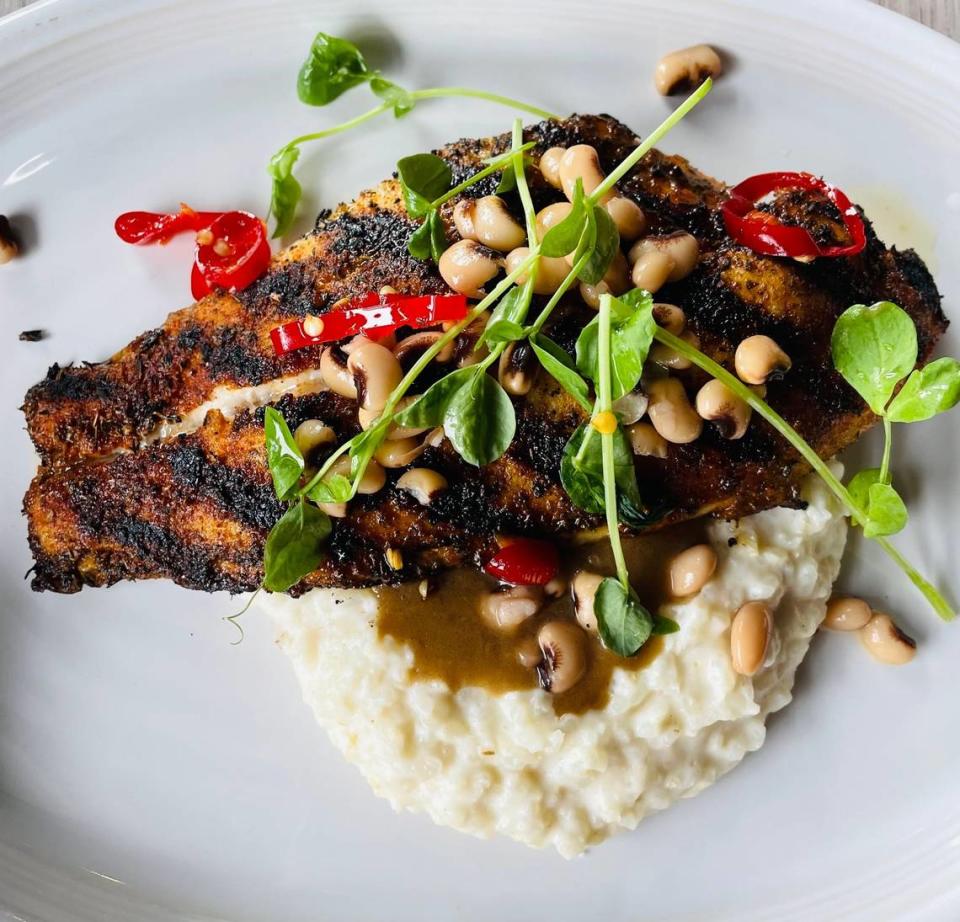
Smith contends that helping grow Black businesses is not his purpose. Calling it “toxic protectionism,” he told CharlotteFive, “I can’t get with this notion of like, being dishonest for the sake of this failed unity that doesn’t exist.”
It’s an abrupt turnabout from his own 2016 post, titled “Stop talking s*** about Black restaurants,” where he wrote: “Instead of spreading negativity about your experience on social media or through conversations, use the same platforms to help change the narrative. Go and speak to the owner or the manager, constructively share your concerns and, if possible, direct them to resources that can help.”
Smith’s 2016 stance falls in line with the Colliers’, but as his reach grows his focus appears to have shifted.
The Colliers feel it’s a shame, because when cultural producers lose, the entire ecosystem suffers.
“We’re 11 years in the business and still in a constant state of learning, from the consumer and the demographics of Charlotte,” Subrina Collier said. “You have to give people the room to grow.”

